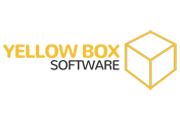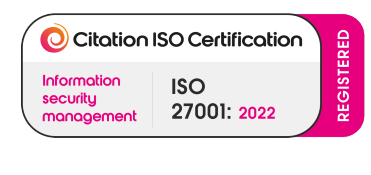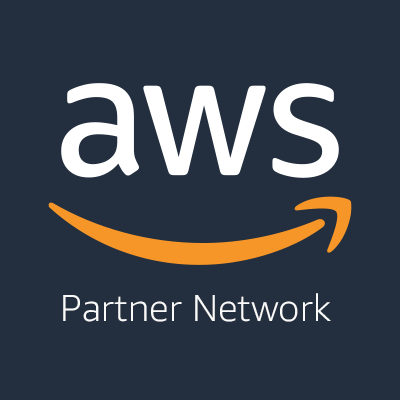Industry 4.0 and the ever-connected world of bring-your-own-device, centralised operations, and the digital thread are transforming modern industry.
“Industry 4.0 is a concept where an entire manufacturing factory can be transformed into an IoT-based factory.”
In manufacturing, IoT is central to the development of smart factories. By integrating sensors, machines, and control systems, manufacturers can monitor and optimise production processes in real time. Predictive maintenance is a major advantage, where IoT devices collect data on machinery performance and identify potential failures before they occur — reducing downtime and saving costs.
Additionally, IoT enables better inventory management and supply chain visibility, helping businesses track materials and products throughout the production cycle with precision and efficiency.
Healthcare is another industry undergoing rapid change through IoT. Connected medical devices and wearables allow continuous monitoring of patient vitals, enabling early intervention and reducing hospital visits. These smart healthcare systems also improve operational efficiency and patient outcomes through real-time data analytics.
In agriculture, IoT has driven the shift to precision farming. Sensors monitor soil moisture, nutrients, and weather conditions, helping farmers make data-informed decisions about irrigation, fertilisation, and crop care. Livestock can also be monitored for health, location, and behaviour, ensuring better welfare and output.
Logistics and transportation benefit greatly from IoT, with enhanced fleet tracking, route optimisation, and real-time asset visibility. Businesses can track deliveries, reduce fuel usage, and respond quickly to disruptions — improving both efficiency and customer satisfaction.
In conclusion, IoT is transforming industry by enabling smarter, more efficient, and data-driven operations. As the technology continues to evolve, businesses that embrace IoT will be better positioned to innovate, grow, and serve their customers more effectively.
Looking to explore IoT-powered systems for your operations? Get in touch with Yellow Box Software — we build connected tools that move your business forward.




